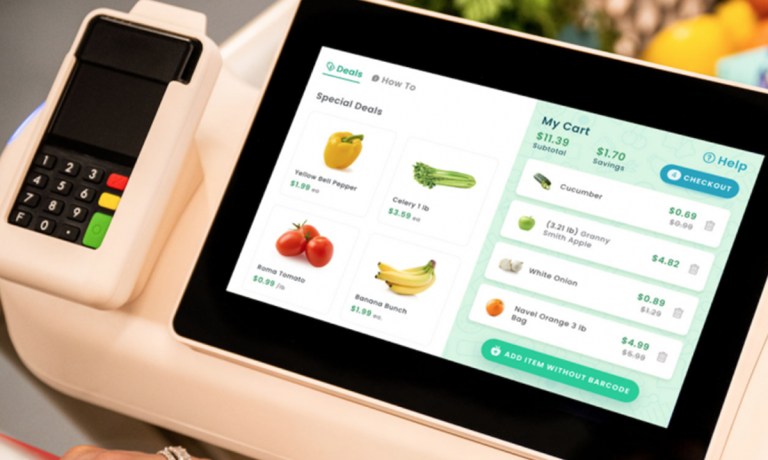Instacart Expands Smart Cart Program Via Geissler’s Partnership

Instacart is expanding its AI-powered smart cart program through a new partnership with Geissler’s Supermarkets.
The collaboration, announced in a news release provided to PYMNTS Thursday (Nov. 2), will bring Instacart’s Caper Carts to all seven Geissler’s stores in Connecticut and Massachusetts, with plans to replace the chain’s traditional carts in the months ahead.
“We see clearly the value that Caper Carts bring to our customers and our business, in the short and long term,” Geissler’s President and CEO Bob Rybick said in the release..
“At launch, they’ll reduce lines and congestion while freeing up store associates to focus more on customer support. The carts’ screens help customers easily find items on their list, stay on budget, and access tailored recommendations and deals as they browse the aisles.”
Caper Carts use computer vision and artificial intelligence (AI) to automatically identify products as they’re put into the cart. Customers can bag items as they shop and pay from anyplace in the store, the release said, while also using loyalty accounts to get savings and promotions.
The partnership comes as Instacart is looking to in-store innovation as a key growth area. As the company wrote in a regulatory filing earlier this year: “We began with delivery but have since introduced pickup and in-store capabilities.”
PYMNTS CEO Karen Webster took a broader view of what technology like Caper means for Instacart earlier this year.
“More than a way to deliver an omnichannel experience for grocery stores and Instacart shoppers, it’s an opportunity to create a digital grocery shopping identity that also connects to grocery store loyalty programs that can save consumers time and money while shopping in store,” Webster wrote.
“It also gives brands another channel to encourage shopper behavior in the moment, offering recommendations based on what is scanned and put in the cart and reminders not to forget the important items on their stored grocery lists.”
Meanwhile, digital is becoming increasingly important in the grocery sector. The PYMNTS Intelligence/PayPal collaboration “Consumer Interest in an Everyday App” found that of the 86% of consumers who had purchased groceries in the last month, 45% bought them both by using connected devices and from more traditional channels.
And grocers seem mostly eager to meet consumers’ digital demand both online and in stores, according to PYMNTS Intelligence from the study “Big Retail’s Innovation Mandate: Convenience and Personalization,” created in collaboration with ACI Worldwide.
The report showed that 79% of grocers think consumers would be very or extremely likely to go to a different merchant if not offered access to barcode and QR code scanner apps. Sixty-eight percent said the same of alternative in-store payment methods, and 61% of self-service kiosks.